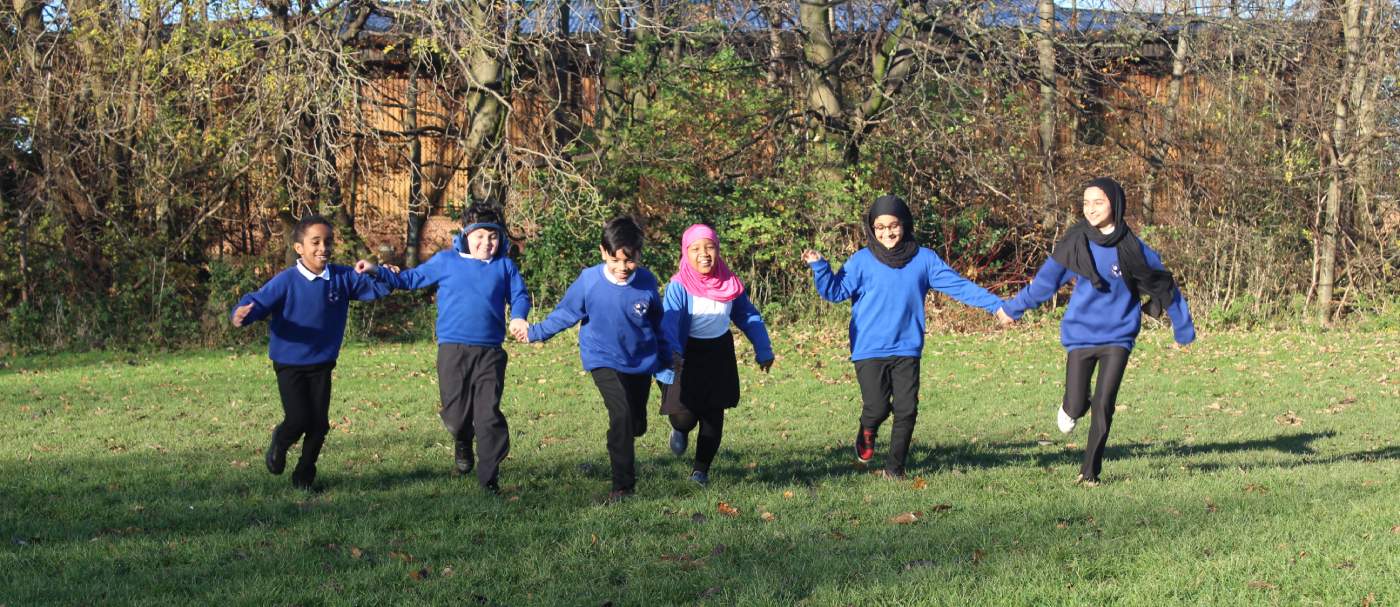Science
SCIENCE AT ST. LUKE’S
Subject leader: Mr J Gavagan
Subject Ambassadors: Rayann, Raheel and Taha
"The most important thing is to never stop learning"
- Albert Einstein
What we believe:
At St Luke’s, we believe science is about developing children’s ideas and ways of working that enable them to make sense of the world in which they live. This is done through thorough investigation, as well as using and applying process skills. We believe that a broad and balanced science education is the entitlement of all children, regardless of ethnic origin, gender, class, aptitude or ability.
Through science, in our school we aim to:
Encourage the development of positive attitudes towards science.
Foster curiosity: children’s enthusiasm and curiosity for science is promoted at every opportunity.
Prioritise practical: pupil led practical ‘hands on’ science learning is planned for and maximised, giving a real-life context where possible.
Have fun: science is engaging and fun.
Promote talk and deeper thinking: ‘Bright Ideas Time’ is used as an effective tool to promote questioning and the generation of ideas.
Research carried out by doing further reading on topic, by using the internet and books to enquire.
Be scientific: correct (age-appropriate) scientific vocabulary is confidently used and modelled by staff.
Get outside: the outside area and locality are utilised to provide regular outdoor learning experiences.
Practise safe working in accordance with the Primary Schools Code of Practice.
Encourage open-mindedness, self-assessment, perseverance and developing the skills of investigation – including: observing, measuring, predicting, hypothesising, experimenting, communicating, interpreting, explaining and evaluating.
Make cross-curricular links between science and other subjects and apply their mathematical knowledge to their understanding of science, including collecting, presenting and analysing data.
Equip pupils with the scientific knowledge required to understand the uses and implications of science, today and for the future.
Develop scientific knowledge and conceptual understanding through the specific disciplines of biology, chemistry and physics.
Science Ambassadors:
Here at St Luke's, we are lucky enough to have the help of our student ambassadors. They are scientific experts that help Mr Gavagan with the monitoring and improvements in Science across the whole school.
"It's really interesting to see what the other children are learning about" - Raheel
"It's great to see the children enjoying science" - Rayann
"I love seeing my classmates learning so much" - Taha
Here are Raheel, Rayann and Taha in action:
Helping your child with Science at home:
The Educators section has loads of free online games and practical investigations that you can do using things you can find around the house.
Try the many Science links in the Homework section. There are several website links, on different pages, for different topics in science.
INTERACTIVE ACTIVITIES
Interactive science games for 5-7 years and above
Interactive materials for primary science divided into each year group linked to the curriculum
Interactive online game
Active Science – Human and animal habitats
Interactive online game
A range of interactive games about habitats
Informational print-outs of many pond life creatures. Great resource for key stages 1 and 2.
Learn about scale and structure with eight great activities designed for the primary classroom.
A Learning Centre for Young Astronomer.

